The working zone of cement rotary kiln is divided into drying zone, pre-tropical zone, decomposition zone, exothermic reaction zone (transition zone), firing zone and cooling zone.
In the traditional cement rotary kiln, the gas temperature in the drying zone is 250-400℃, the gas temperature in the pre-tropical zone is 450-800℃, the gas temperature in the decomposition zone is 1000-1400℃, the gas temperature in the exothermic reaction zone is 1400-1600℃, the gas temperature in the firing zone is 1700℃, and the temperature in the cooling zone is 1100-1300℃.
At the back of the cement rotary kiln, the length of the kiln mouth is about 1 meter, wear-resistant castable can be selected, but it must have a certain degree of alkaline resistance. The castable area from 10D to the rear kiln entrance can use anti-spalling high-alumina bricks; The 7D-10D section of the rotary kiln can use silmo brick or Silmo red brick; Section 5D-7D is a transitional zone, which can use magnesia-aluminum spinel brick; The 6D-7D section can also use Silmo brick or Silmo red brick;
The 0.6D-5D section of the cement rotary kiln is the firing zone, and this section is the high temperature zone, then the basic refractory bricks are used, including directly bonded magnesia-chromium brick, iron-aluminum spinel brick, magnesia-iron spinel brick, low-aluminum zirconia-magnesia-aluminum spinel brick, magnesia-iron-aluminum spinel brick, etc., among which the direct-bonded magnesia-chromium brick has the most cost-effective. If there are environmental protection requirements, magnesia spinel brick and aluminum spinel brick can be preferred; If white cement is produced, magnesia-aluminum spinel bricks with low aluminum and zirconium content can be used. When there are certain thermal shock requirements, magnesia dolomite brick containing zirconium can also be used; Magnesia dolomite brick can also be used for the more stable firing zone of the kiln skin, but remember that the dolomite brick must be used for the stable zone of the kiln skin.
The 0.8m-0.6D section of the cement rotary kiln is a cooling belt, which can use silica brick or high wear-resistant brick.
The 0-0.8m section of the cement kiln, that is, the front kiln and the coal injection nozzle can use high-grade refractory castable containing silicon carbide or magnesia-aluminum spinel castable.
Under normal circumstances, the diameter and length of cement kiln have a direct impact on the daily output.
60 meters *4 meters kiln, is designed 2000-2500 tons daily output.
72 meters *4.8 meters kiln, is designed 5000 tons daily output, (the current domestic output is 5800 to 6300 tons of daily output).
7-8 m *96 m kiln, is designed 12,000 tons daily output.
74 m *5 m kiln, is designed 6000-7000 tons daily output.
Leave a Message
Contact Us
Email: [email protected]
TEL: +86 15238644201
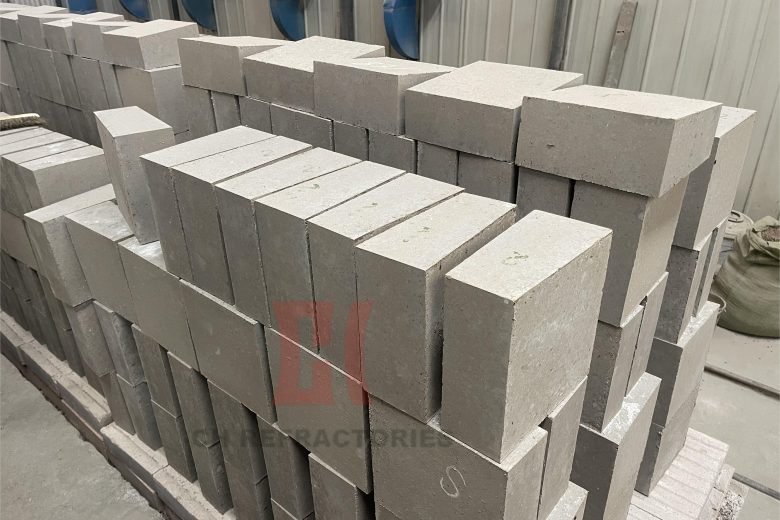
Phosphating high-alumina bricks involves immersing the finished high-alumina bricks in a phosphoric acid solution for more than two hours in a certain container, followed by…
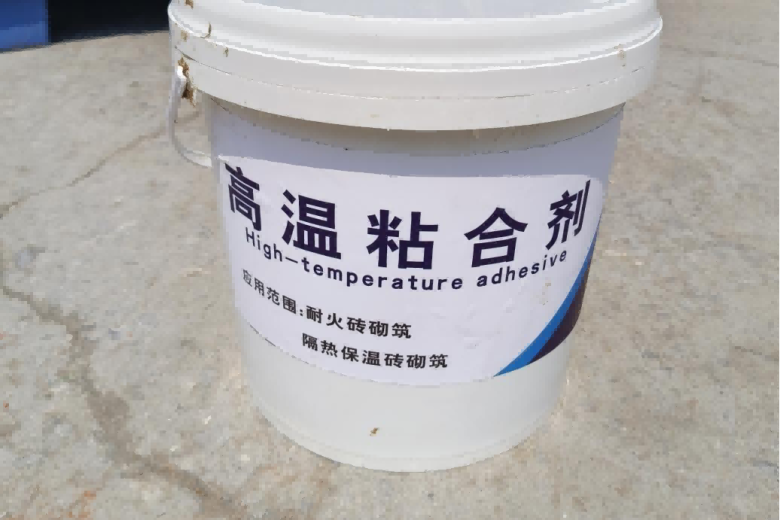
High temperature adhesives are a type of bonding material that can maintain excellent adhesion at high temperatures. They can be used to connect refractory bricks…
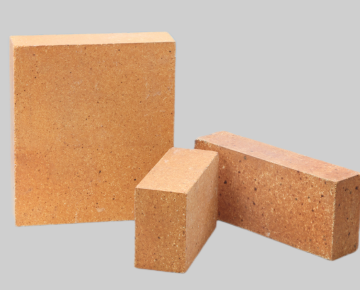
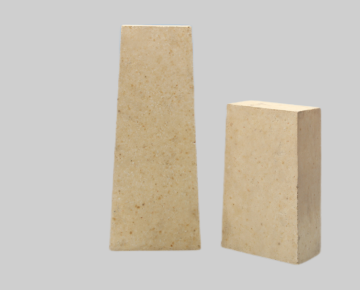
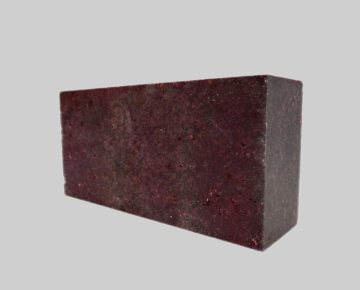
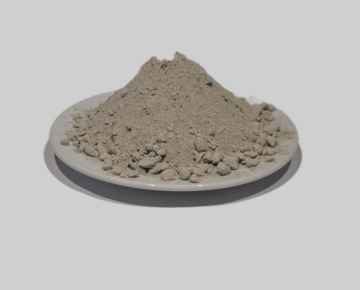
Submit Request
PDF Request